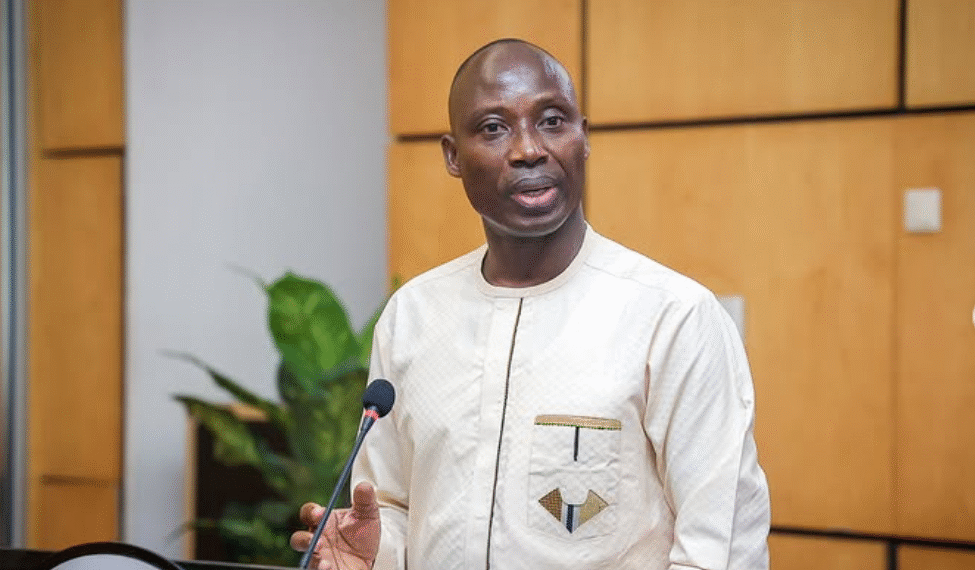Government Statistician, Dr. Alhassan Iddrisu, has urged Ghanaians to remain vigilant despite the country achieving single-digit inflation for the first time in four years. He cautioned that while the latest decline represents significant progress, the challenge now lies in sustaining it over the long term.
Speaking after the release of the September 2025 inflation figures, Dr. Iddrisu said Ghana’s inflation rate dropped from 11.5 percent in August to 9.4 percent in September, marking the ninth consecutive month of decline.
He noted that the slowdown in food prices was the main driver behind the reduction, with food inflation easing from 14.8 percent to 11 percent.
“This is not the time to relax at all. Inflation of 9.4% still means that, on average, prices have increased by 9.4% between September last year and September this year. There is still some price increase”
Dr. Alhassan Iddrisu, Government Statistician

The Ghana Statistical Service (GSS) reported that the September data represents the first single-digit inflation since 2021. The development has been welcomed as a sign of macroeconomic stability under the administration of President John Dramani Mahama.
“The goal now should be: how do we sustain this single-digit inflation? That is the most important question,” Dr. Iddrisu said, maintaining that sustaining the gains requires more than celebration.
He explained that achieving single-digit inflation was an important milestone but warned that it must not lead to policy complacency or fiscal slippage. According to him, maintaining stability will depend on disciplined government spending, continuous support for food production, and improved coordination among key economic agencies and policies.
Turning Stability Into Growth
Dr. Iddrisu emphasised that fiscal prudence remains essential to protecting the recent progress. He highlighted that public expenditure must remain within sustainable limits to prevent inflationary pressures from resurging. “We can actually do this by continuing to do what we are doing which is keeping the inflation down,” he said.

He underscored that food inflation remains the most significant contributor to headline inflation in Ghana, making agricultural productivity and food security key to “long-term price stability.”
He therefore called for stronger policy alignment between the ministries responsible for finance, agriculture, and trade to ensure the gains are consolidated.
According to Dr. Iddrisu, the return to single-digit inflation should now translate into tangible economic benefits for ordinary Ghanaians. He said the government must use the current stability as a foundation to stimulate growth, attract investment, and ease pressure on households.
“Yes, we’ve brought it to single digits, but we shouldn’t relax at all. It is progress, but not the goal,” he reiterated. He explained that even though inflation has fallen, prices are still rising, albeit at a slower pace.
Dr. Iddrisu concluded that the real test of economic management will be whether Ghana can maintain this trajectory and turn temporary stability into lasting prosperity.

“This is how we can turn this stability into lasting growth and then real relief for households,” he said.
With inflation now at its lowest level in four years, attention is shifting to whether the government can sustain the progress through fiscal discipline, improved productivity, and sound policy coordination.
READ ALSO: Offset Admits to ‘Stepping Out’ on Cardi B While Married



















